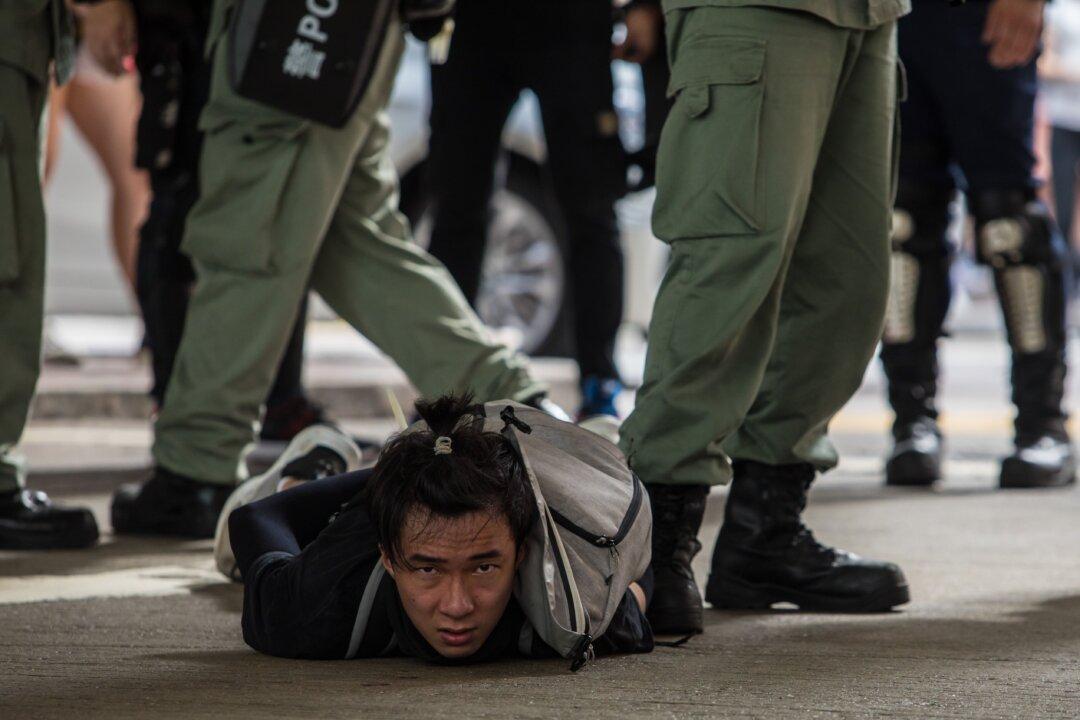At the crossroads between the East and West, the international hub of Hong Kong has long prospered on its dynamic public discourse, vibrant press, and bustling commercial trade.
Now, a growing number of Hongkongers are considering fleeing the city, fearing that the cherished freedoms that distinguished the territory from mainland China will vanish under Beijing’s latest encroachment.
The law triggered fears that Hong Kong, once a place where people could be outspoken critics of the regime, would turn into another mainland Chinese city under the authoritarian grip of the Chinese Communist Party.
Clampdown on Speech
Hong Kong police acted swiftly, arresting 10 people under provisions of the law when thousands of protesters gathered in Causeway Bay on July 1 to oppose it. In some cases, they were arrested for possessing flags, banners, and flyers with slogans that advocated for Hong Kong independence.A Shau Kei Wan restaurant, one of thousands of shops that openly support Hong Kong’s pro-democracy movement, meanwhile, was forced to take down protest messages from its walls on July 2 after police warned the owner.
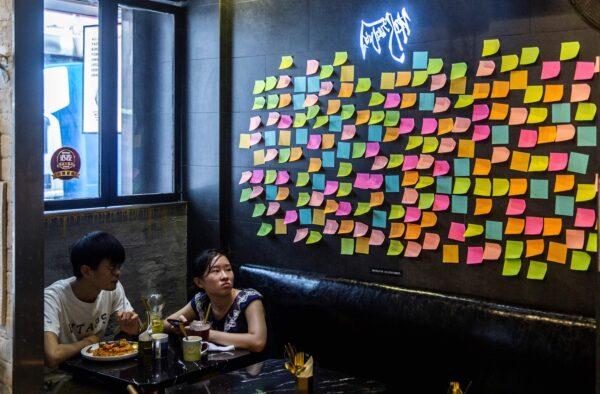
Four armed police officers appeared at the restaurant in the morning and photographed the interior, restaurant owner Gordon Lam told The Epoch Times. Citing the security law, the police threatened to arrest Lam if he didn’t remove a display of sticky notes expressing support for the movement.
“Is Hong Kong still Hong Kong? How is today’s Hong Kong different from other Chinese cities like Guangzhou and Shanghai?” Lam said.
“This national security law is thoroughly destroying Hong Kong’s core values.”
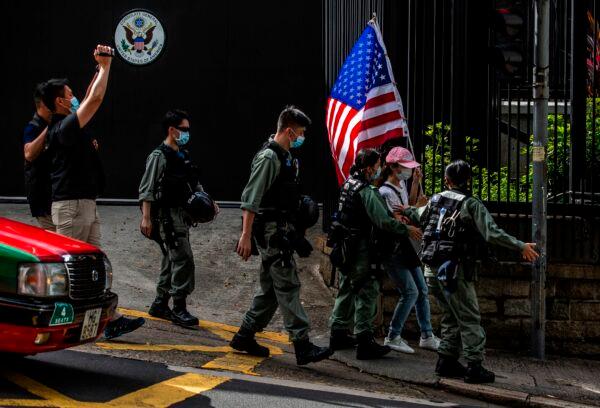
Security Apparatus
Chinese officials claimed the law would target a small segment of society, but the offenses’ broad and vague definitions—as well as a part that stipulates that non-Hong Kong residents could also be subject to prosecution—have stoked concern among legal experts and human rights observers, who say that residents and foreigners alike who draw the regime’s ire could be at its mercy once they set foot on Hong Kong soil.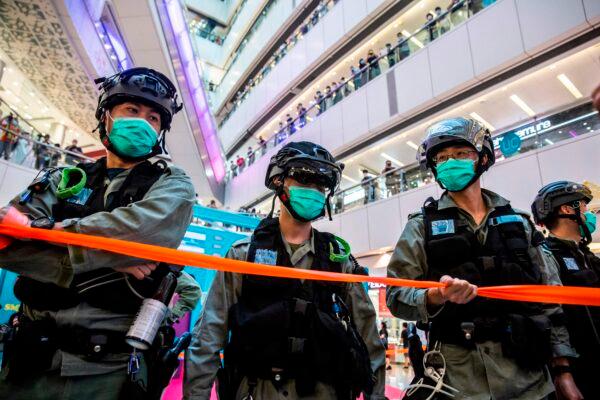
The law also mandates that a new security bureau be established in the city.
On July 3, Beijing appointed Zheng Yanxiong, known for his role in suppressing on 2011 anti-corruption protests in the southern village of Wukan, to head the new security bureau—which directly answers to the central government.
“We used to think of ’secret police' as something abstract. Now, it is a very real fear,” Law said at the July 1 hearing.
In 2016, he won an election to become a local lawmaker but was disqualified after protesting Beijing’s grip over Hong Kong during his oath-taking ceremony.
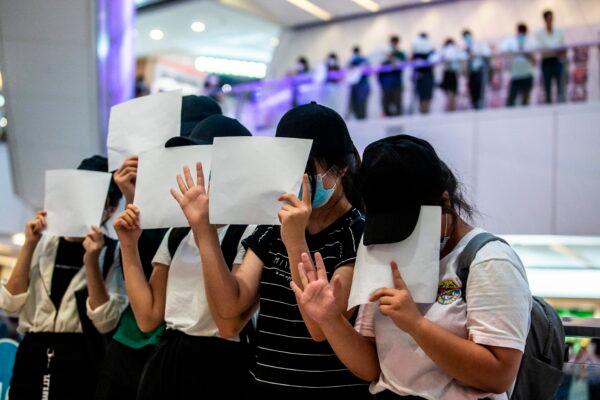
Global Backlash
The Chinese regime, as in the past, has responded to international backlash by saying the law and its implementation are “internal affairs.”“What business has that to do with you?” said Zhang Xiaoming, deputy director of Beijing’s office for Hong Kong affairs, when asked during a July 1 press conference about possible sanctions from Western governments.
The city is “the front line in the fight for freedom against authoritarianism,” said Benedict Rogers, a London-based human rights activist and vocal critic of Beijing’s encroachment over Hong Kong.
“If the regime is allowed to just get away with this with impunity, then it’s not going to stop with Hong Kong,” he said in an interview for The Epoch Times’ “American Thought Leaders” program.
“The Chinese Communist Party already is encroaching on our freedoms—in your country and mine—and we mustn’t let that continue.”
